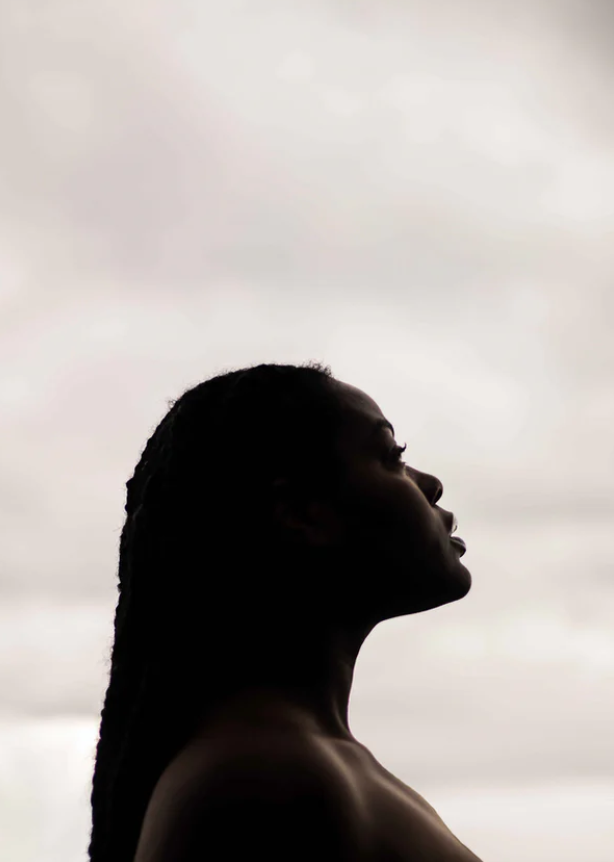Intersectionality and the Oppression of African American Women

In May 2020, Genesis wrote a blog pertaining to intersectionality. Genesis has, from the very beginning, fought for the rights of all domestic violence victims regardless of race, culture, sexual orientation or economic status. Our position is that domestic violence does not discriminate.
Today, I’m going to take this a step further and dive more deeply into this issue as it pertains to African American women to provide some history of the oppression that women of color have experienced throughout time.
I in no way want to exclude other women of color; rather, my goal is to focus on the African American woman’s struggle in society, experiences with domestic violence, and how it has impacted our lives since slavery.
What is intersectionality?
Intersectionality is the interconnected nature of social categorizations such as race, class and gender as they apply to a given individual or group, regarded as creating overlapping and interdependent systems of discrimination or disadvantage.
“Through an awareness of intersectionality, we can better acknowledge and ground the differences among us” – Kimberlé Crenshaw
In 1989, Kimberlé Crenshaw coined the term “intersectionality” in a paper as a way to help, to understand, and to explain the oppression of African American women. Going back in time as far as slavery, black women were stereotyped as being “The Black Venus” (TBV). The Black Venus traps black women in a lubricious image of primitive and excessive sexuality. TBV was a women in “no need of protection because she felt no pain or no emotions, so she was repeatedly raped, beaten by not only the white slave owners, but also from their partners.” It was stated that a black woman could not be raped because a black woman innately seduces and provokes the attack.
Fast forward to today in society, and black women are still experiencing intersectionality on a daily basis. In the workplace, if she shows strength she’s labeled as “too aggressive” and in her home life she’s “the angry black woman.” These women who experience domestic violence have a fear of calling out for help today as much as they did back in 1860s. The spousal homicide rate among black women in 1998 was 8.4 times more than for white women. Black families are often brought up with the saying, “whatever happens in this house stays in this house,” meaning you don’t tell a soul what happens in your home, much less reach out to a white man.
The police were almost never called, and if they were called, nothing was done. So the black woman suffered again at the hands of her partner when the police left. Many years ago, I spoke with a victim who called the police on her ex-husband, whom she was separated from for over a year. The ex-husband broke into this black woman’s house and broke her upper and lower jaws. She called the police and they came, but as she was bleeding from her face, the officers did not call for paramedics or make a report. What they did do was search under her kitchen cabinets, bathroom cabinets and dirty clothes basket Never once did they offer her any help.
Another concern black women have is that if she calls the police to a domestic violence incident, they will shoot the father of her children on site. If that were the case, then she would be subject to even further abuse from those who would blame her for his death. She would also have to suffer through the struggle of raising her children alone. Black women want help, but can be afraid to reach out for that help, because of so many unarmed black men being killed for walking down the street or carrying a Subway sandwich. Case in point, recently a hip hop recording star was assaulted by her boyfriend when he shot her in her foot after they got into an argument. When asked by the police, she initially denied that he was the one who shot her, later stating that she did so out of fear he would be killed by the police.
Intersectionality is real and can help us better understand why so many black women do not seek help or leave the situation before it becomes deadly. We as a society have to play a bigger part in recognizing that there is a big difference in how the world views black women, and seek out the common ground on how to best assist black women when they do seek help. Intersectionality has to be taken very seriously if we are to reach every race and culture – not just a select few.
Written by Cassandra Wesley, program manager at Genesis Women’s Shelter & Support.
